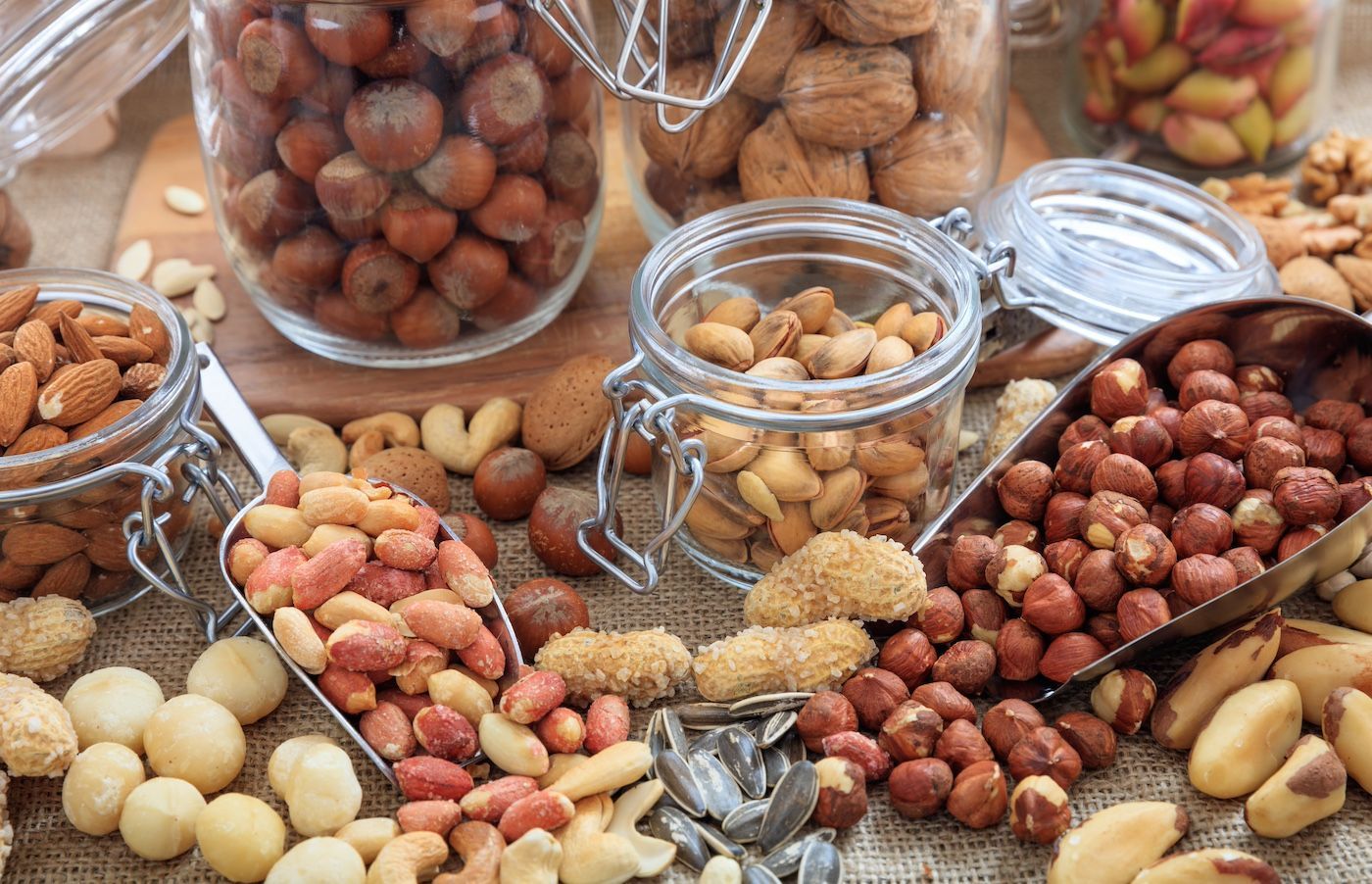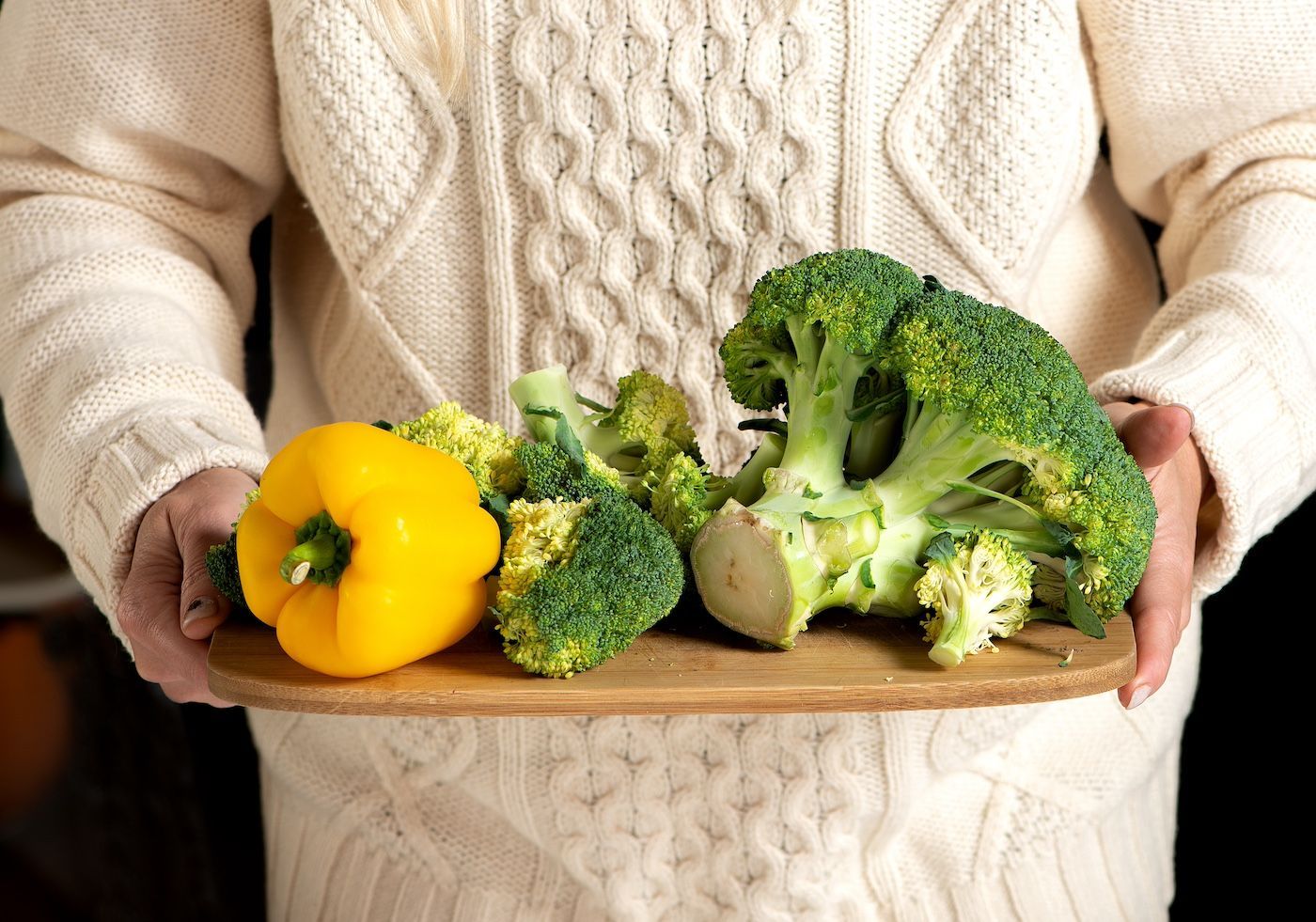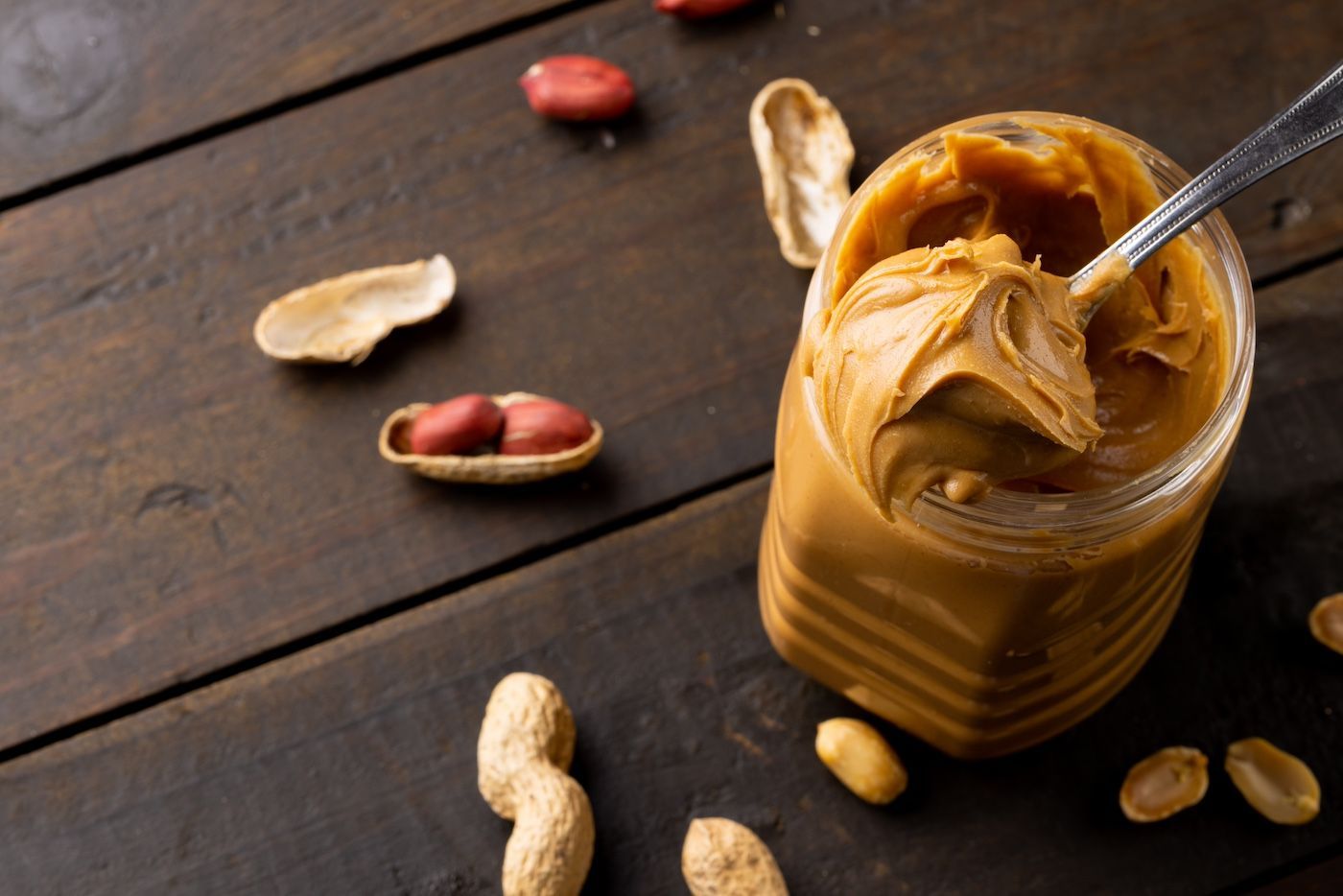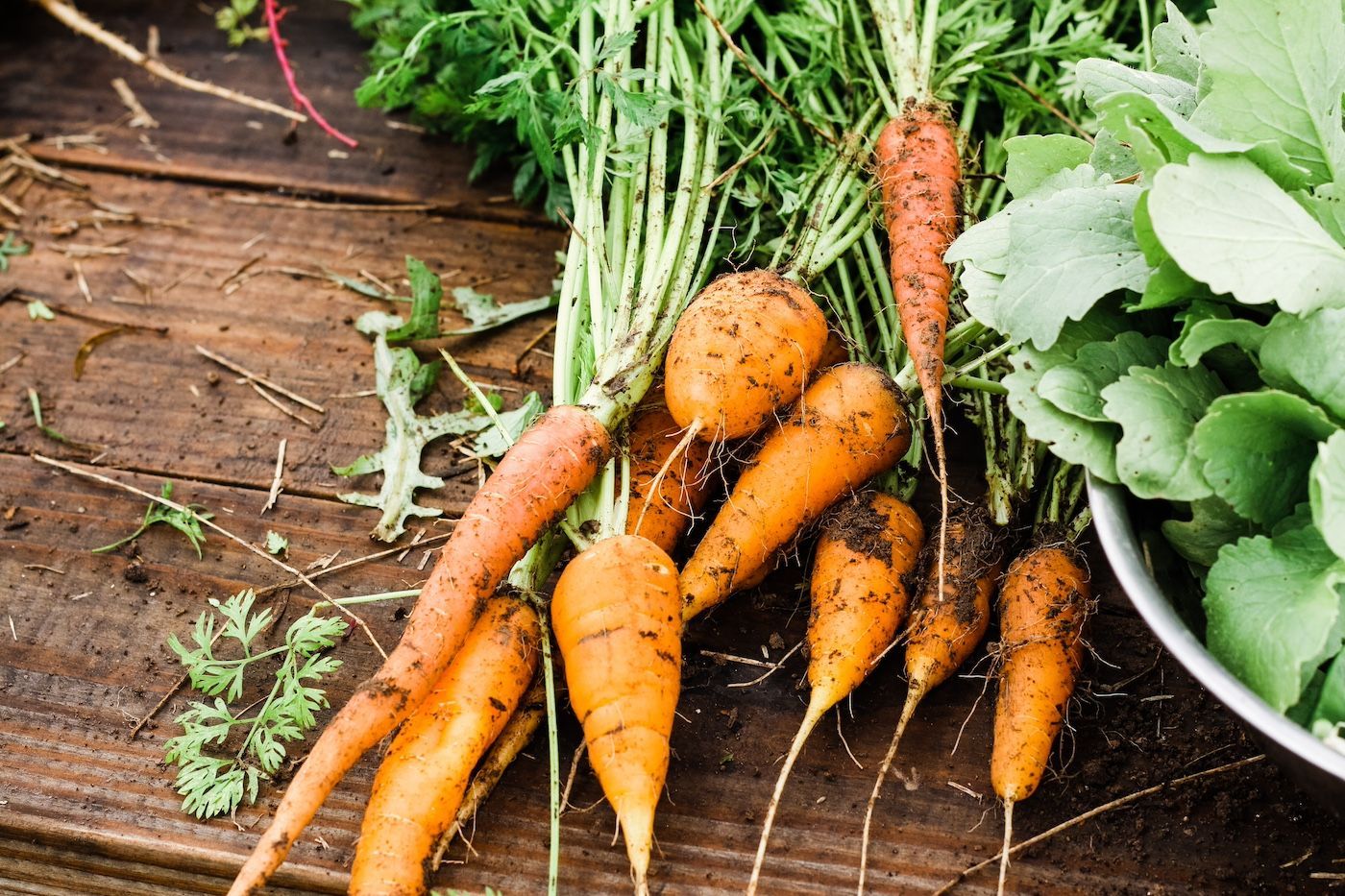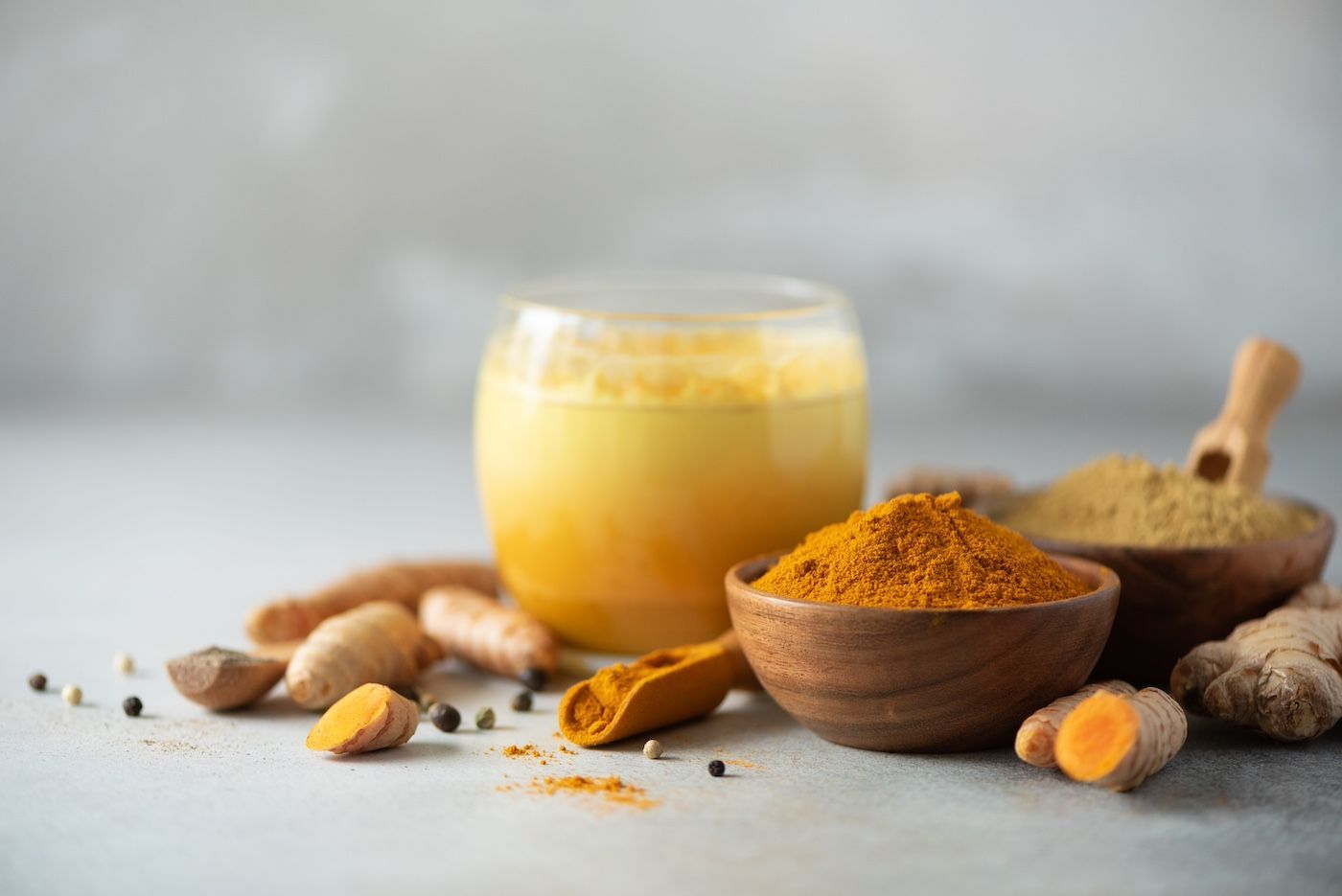Chews Your Health
Fiber
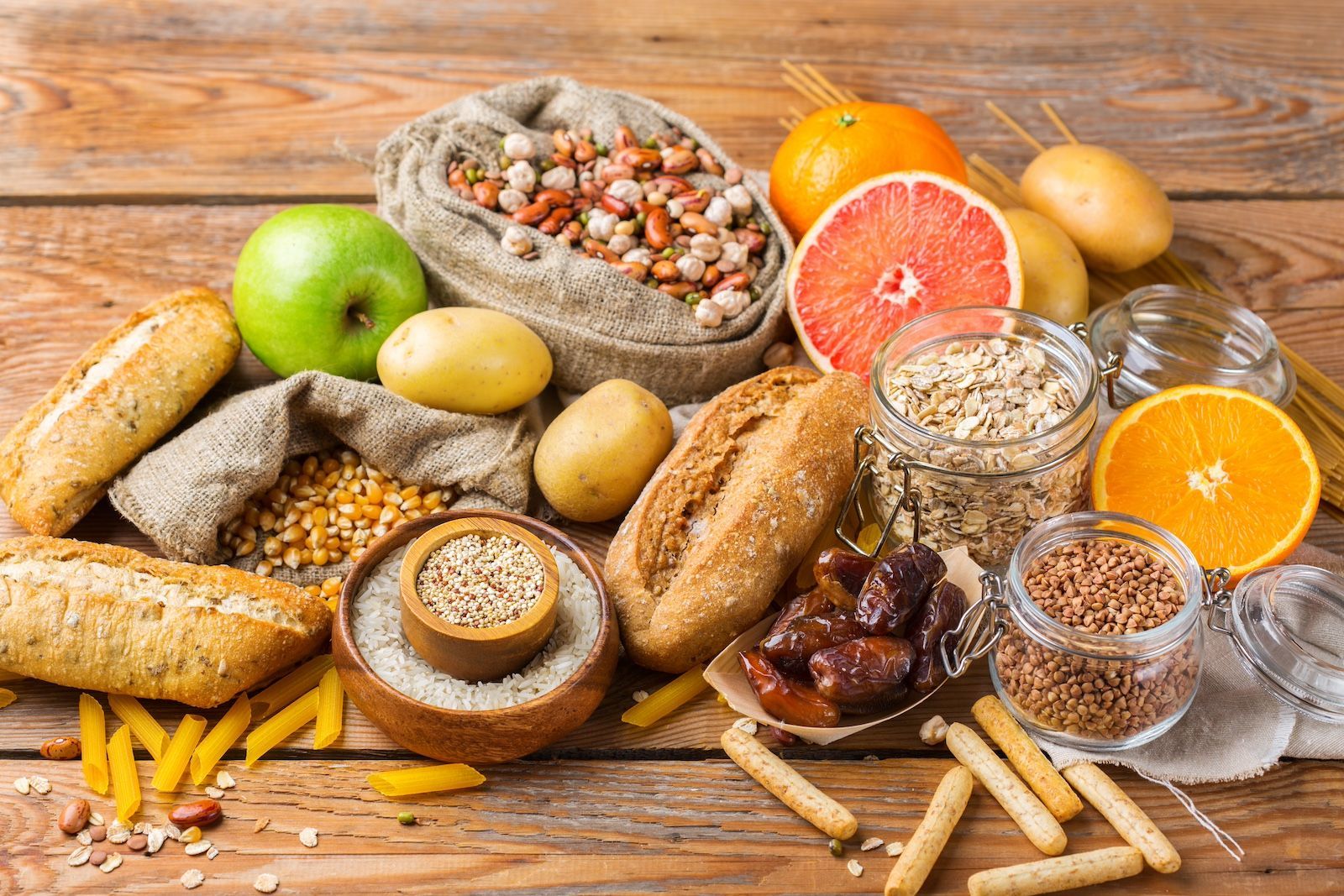
What is fiber?
Fiber comes from plant filaments. There are two types of dietary fiber:
Soluble
Type of fiber that can be dissolved in water and forms a jelly-like substance in the digestive tract and is broken down by gut bacteria.
Insoluble
Type of fiber that doesn’t change form, but is broken down by gut bacteria.
What does fiber do?
It encourages regular bowel movements since fiber absorbs water and is not digestible by the human body.
Soluble fiber:
The jelly-like substance makes bowel movements easier
Slows down rate of gastric emptying, which keeps you fuller longer
Maintains blood sugars, which is helpful for those with diabetes
Reduces LDL cholesterol
Good for immune & digestive health
Insoluble fiber:
Prevents constipation
Speeds up bowel movements
Prevents colorectal cancer
What are the best sources for fiber?
Soluble fiber:
Beans
Citrus fruits
Zucchini
Prunes
Oatmeal
Insoluble fiber:
Nuts and seeds
Dark leafy greens
Root vegetable and fruit skins
Whole wheat breads and pasta
Deficiencies and what to look for
Most Americans do not eat enough fiber.
Symptoms include: irregular bowel movements, hemorrhoids, bloating.
For those that have allergies to fiber-rich foods, ask your doctor about taking fiber supplements.
When increasing fiber intake, drink more water so that constipation does not occur. Introduce new foods slowly and chew well to prevent discomfort. Your body will thank you!
FYI – We suggest digestive enzymes and 1/2 the body weight in water daily (if weighing 100 pounds drink 50 ounces) to help break down the food.

